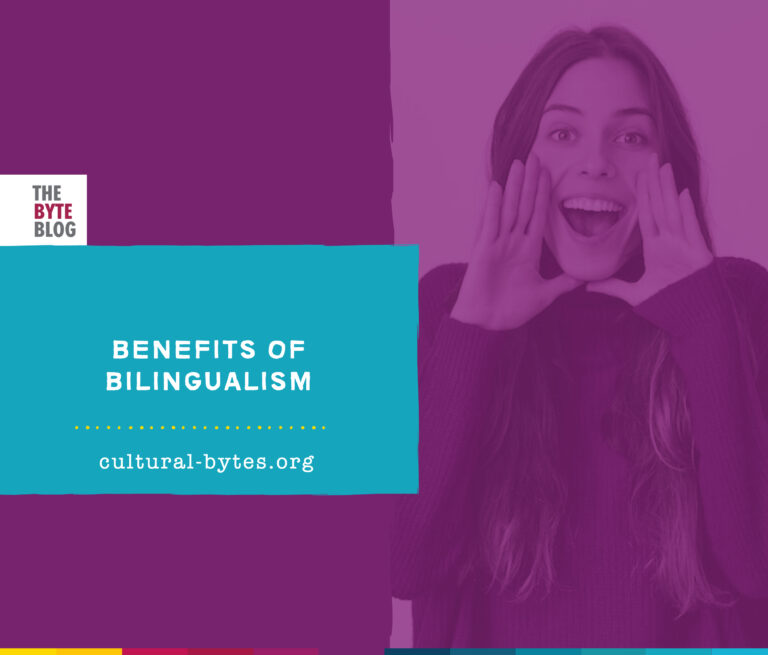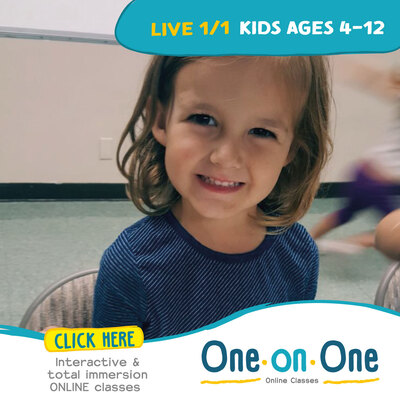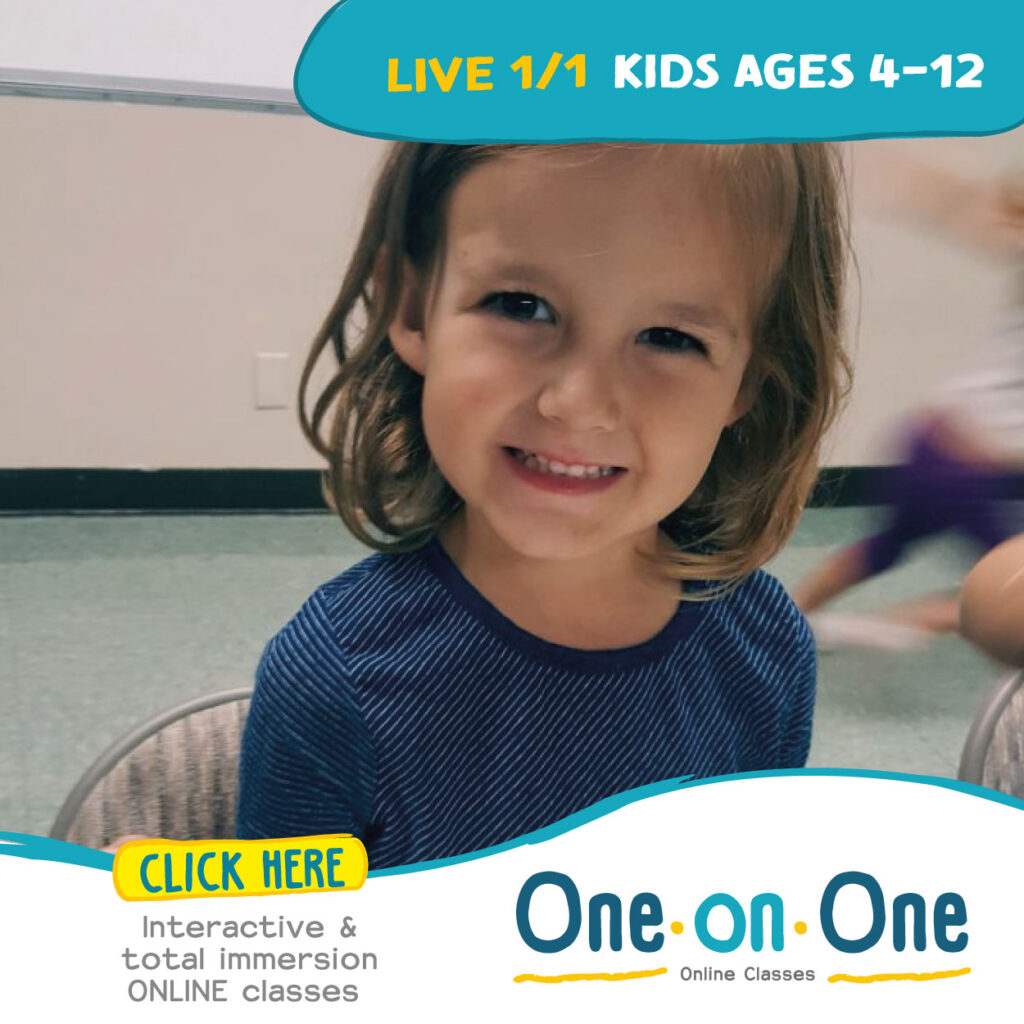A Mighty Queen
Interviewer: “Come on in, Miss Elizabeth, and take a seat. Please introduce yourself.”.
Elizabeth: “Hello, my name is Queen Elizabeth the First, and I was Queen of England and Ireland from 17 November 1558 until 1603.”
Interviewer: “How many languages did you learn in your lifetime?”
Elizabeth: “By the age of eleven, I spoke five languages fluently and continued to learn bits of other languages, including German, as I grew older. Over time, I learned to speak or read English, Welsh, Greek, Latin, Spanish, French, and Italian.”
Interviewer: “That is quite impressive. Can you tell us how learning languages benefitted you?”
Elizabeth: “To begin with, learning multiple languages gave me social and political adeptness. As Queen of England, I was continually having to maneuver between the big powers next to me, France and Spain, and learning their languages helped me connect to different cultures and people better. Though I was raised in England, interacting with these countries gave me a more open-minded outlook than simply the borders of my own country. Besides, more than half the world’s population is Bilingual and I figured that if I was going to interact with the world, I would need to speak well with them. Secondly, after I learned the first and second languages, it became easier to learn additional languages as well as concentrate better on my other educational subjects.
Interviewer: “Thank you for your insights, Elizabeth. We now welcome our second guest to the stage. Please state your name and occupation.”
A Marvelous Composer
Mozart: “Guten tag, which means “Good day” in English. My name is Wolfgang Amadeus Mozart, and I am a famous composer from the Classical Period, nearly a century and a half after Miss Elizabeth reigned.”
Interviewer: “How many languages did you speak in your lifetime?”
Mozart: “I spoke fifteen languages in total. I traveled extensively not only as a child but also as an adult composer in high demand, and I picked up language skills in nearly every country I visited.”
Interviewer: “So would you say that learning other languages improved your travel experiences?”
Mozart: “Sans faute, which is French for ‘definitely.’ I was able to connect better to the people and cultures which I encountered, which was not only personally more pleasurable, but also led to more economic opportunities. There are also health benefits associated with learning another language (or two!). According to research, speaking a second language can mean that you have a better attention span and can multitask better than monolinguals. I found this to be true, as my language studies as a youth built up my physical brain and prepared my emotional attitude for the continued learning, composing, and travel that I would experience into my adulthood.
Interviewer: “Well, there you have it, folks. Two different persons from different historical time periods, both experiencing the benefits of being bilingual. We invite the audience to join the ‘bilingual club’ to see the benefits for yourself.








